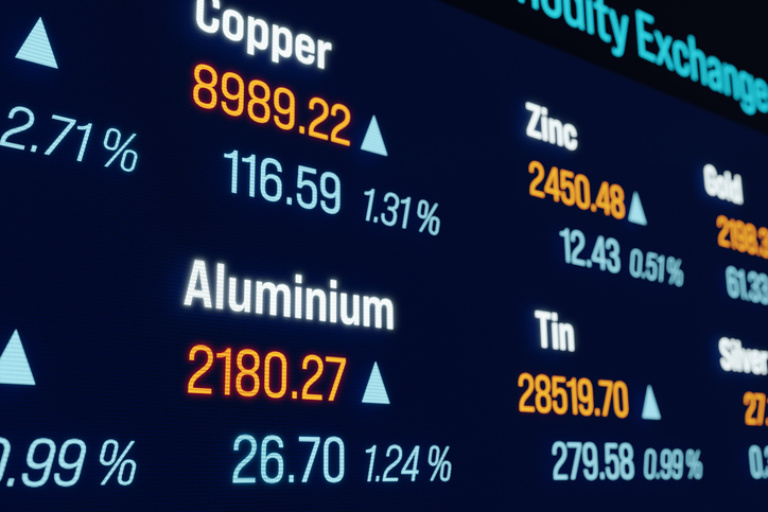Reichmuth & Co expects the Swiss franc to remain strong
Reichmuth & Co Privatbankiers continues to focus on real assets and Switzerland as an anchor of stability amid ongoing global uncertainty. This applies to domestic assets, but is also a sensible option for investors from abroad.
- Uncertainty from the US, debt in Europe and China as a new integrator
- Severe market corrections are possible
- Three stores of value: quality stocks, gold and the Swiss franc
- Call for differentiated banking regulation
“The US has gone from being a safe haven to a source of uncertainty, while China and Asia increasingly see themselves as integrators and are cooperating with emerging markets. Europe, on the other hand, is struggling with debt, ideologies and a lack of strategy,” says Christof Reichmuth, Chairman of the Board of Directors and unlimited liability partner at Reichmuth & Co.
From today’s perspective, it is not clear whether the AI boom is ultimately a bubble that is threatening to burst. Even though the latest figures from Nvidia are reassuring the markets, historical comparisons show that the potential for a setback is high. “Be prepared,” warns Reichmuth, recommending that asset managers review their risk appetite and risk tolerance with regard to temporary losses.
Nevertheless, the Lucerne-based private bankers remain positive about Switzerland as an investment and business location. “Real assets such as high-quality Swiss equities or gold are genuine stores of value. Supplemented with a liquidity quota to cover ongoing costs or take advantage of opportunities that arise, investors are also well equipped to weather temporary stock market turbulence,” says Remy Reichmuth, CEO and also a partner with unlimited liability.
Differentiated strategies by world region
Matthias Ramser, Chief Investment Officer at Reichmuth & Co, points to unusual developments to which the bank is responding. The significant decline in the value of the US dollar and the sharp rise in the price of gold reflect the loss of confidence in the US. And while the collapse of the stock markets during the last financial crisis and the Covid pandemic was offset by rises in the US dollar and US government bonds, they also reacted with losses in the wake of “Liberation Day”. This shows the decline in the dominance of the US as a world power and the trend towards a multipolar world with increasingly independent regions.
“We recommend different strategies to our clients depending on the region of the world,” says Ramser. “In the US, we are focusing on economic momentum driven by high investment in AI infrastructure, specifically tech stocks and the electricity sector. In Europe, fiscal stimulus is having an effect, strengthening mid-cap companies and selected companies in industrial and plant engineering. Finally, Asia offers structural growth potential, with Vietnam being particularly noteworthy.”
Furthermore, Switzerland remains at the core of the equity allocation: modern infrastructure, stable political institutions, a high level of education and a solid national budget with a strong currency in a near-zero interest rate environment form the basis for Swiss dividend stocks with a first-class market position and attractive growth prospects. “Cash to take advantage of opportunities should be held in Swiss francs, and for fixed-income investments, the rule is: as little as possible and only as much as necessary, with high debtor quality and short to medium maturities,” says Ramser.
“Liability instead of rescue”: genuine responsibility also requires differentiated regulation
As one of only five private banks with unlimited liability for its shareholders, Reichmuth & Co points to a regulatory dilemma. The trend towards limited liability has economically understandable reasons, namely higher growth, scaling, access to capital, international expansion and easier succession planning. However, different forms of liability should also be reflected in differentiated regulation.
Fundamentally, the state has three options for dealing with banking risks: it can hold decision-makers personally liable, regulate the business more strictly or put in place state safety nets.
“With banks as corporations, personal liability has also disappeared, along with part of the responsibility: risks are increasing and equity ratios are falling,” says Jürg Staub, general partner at Reichmuth & Co. In the event of a crisis, the state is suddenly called upon to act – not only as a regulator, but also as a rescuer in times of need.
“Regulation can dampen false incentives, but it cannot create a sense of responsibility. Those who are not liable make different decisions,” says Staub.





